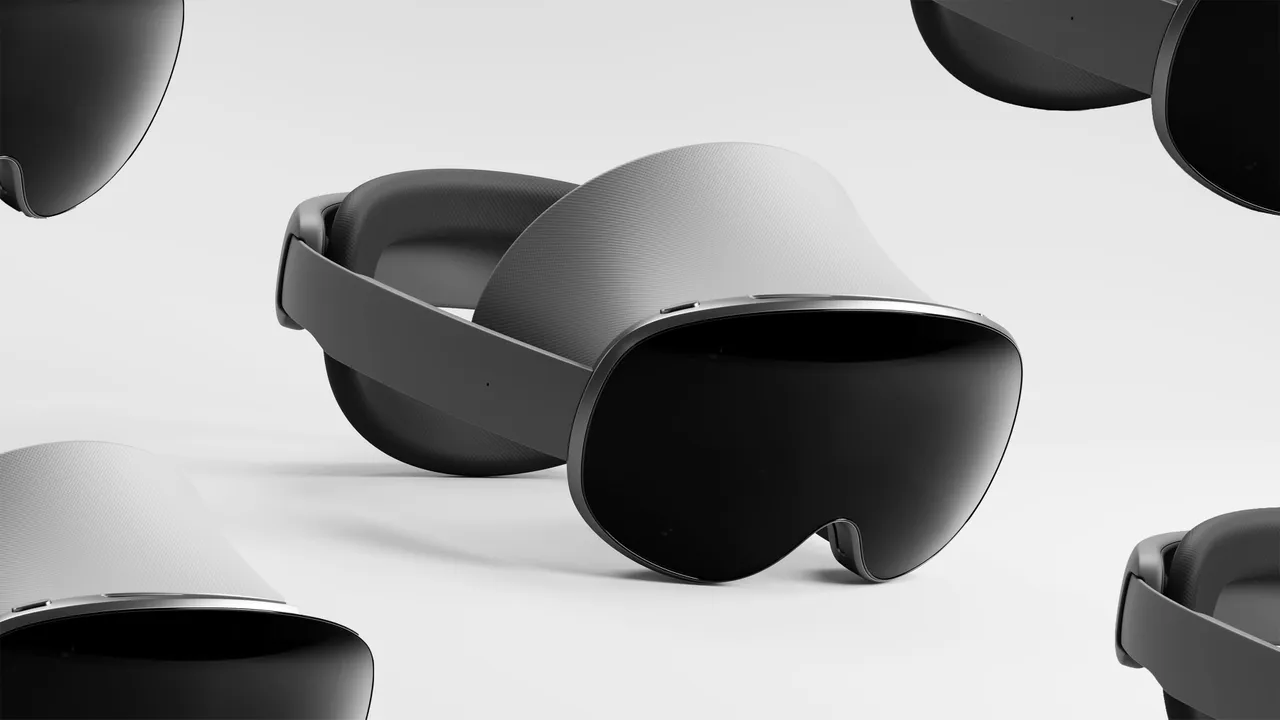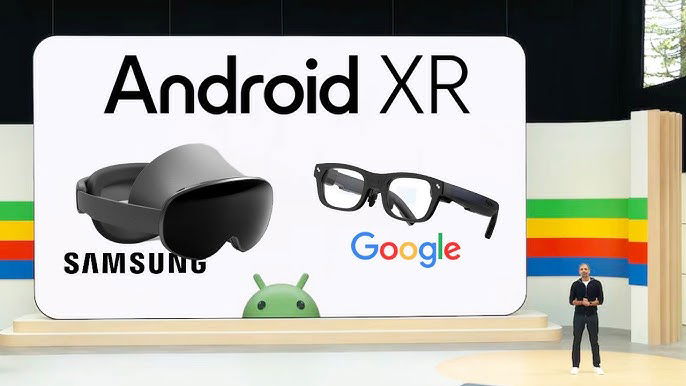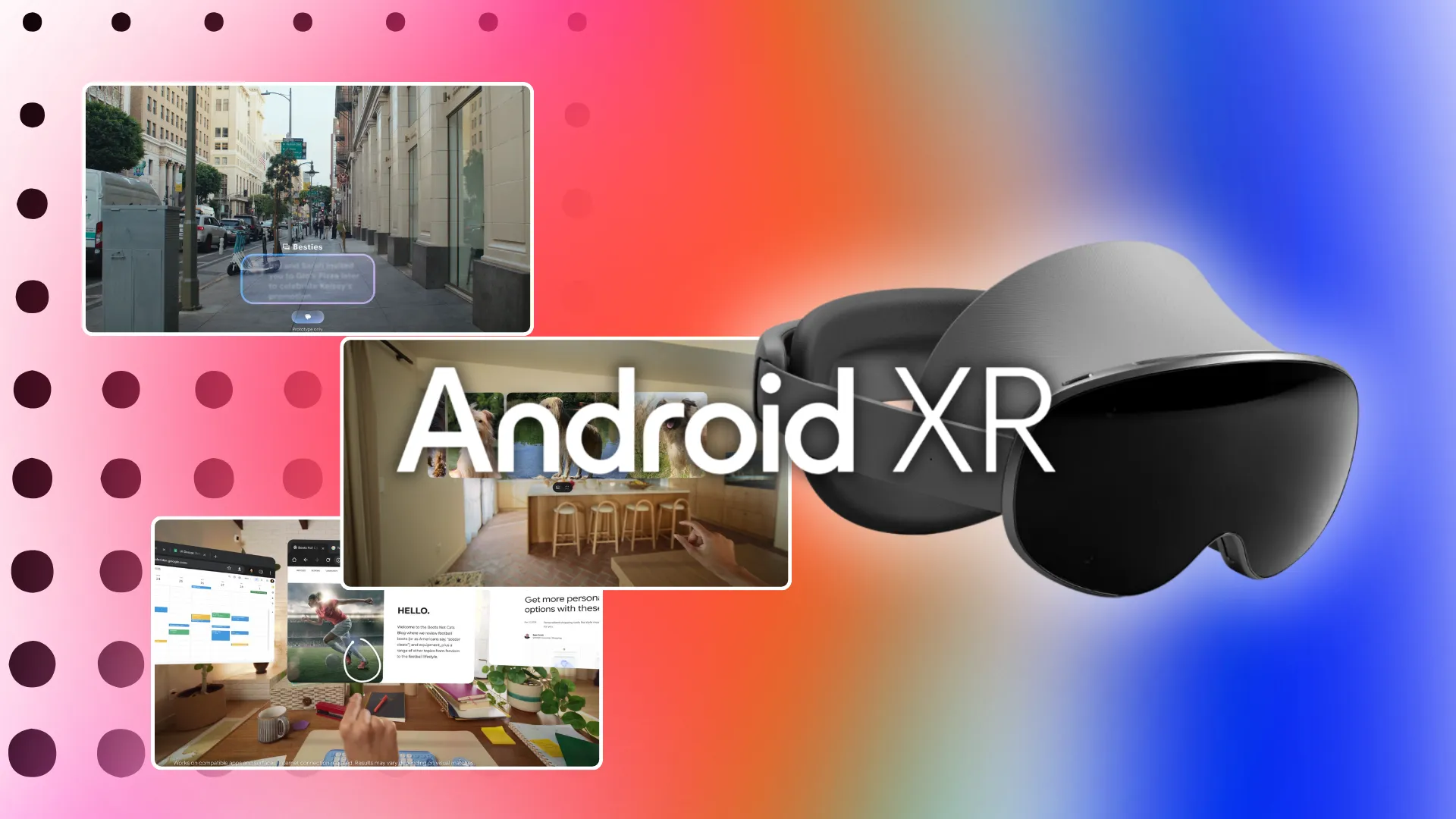
סמסונג, אחת מהשחקניות המרכזיות בשוק ה- VR, משיקה את משקפי המציאות המדומה החדשים שלה, שמבטיחים לחולל מהפכה בתחום חוויות המדיה. משקפי "Galaxy VR" המתקדמים מגיעים עם טכנולוגיות חדשניות ומערכות עיבוד מתקדמות, שמטרתן לספק חוויות immersion בלתי נשכחת.
עיצוב חדשני
במשקפי ה-Galaxy VR החדשים, סמסונג מתמקדת לא רק בטכנולוגיה אלא גם בנוחות. עיצוב מזערי, עם חומרי איכותיים, מבטיח שהמשקפיים ישבו בנוחות לאורך שעות השימוש. תכנון האופטיקה שופר, עם עדשות המספקות תמונה חדה וברורה, כך שהמשתמשים ירגישו כאילו הם בתוך התוכן שהם צורכים.
ביצועים טכנולוגיים
משקפים אלה מצוידים במעבד חדשני המאפשר ביצועים מהירים ותגובה מידית לכל תנועה. יתרה מכך, הכוח הגרפי של המשקפיים מבטיח שילובים מעשיים עם מציאות רבודה, ומטמיע את יכולות הטכנולוגיה החדשה של גוגל בצורה מיטבית. המערכת תומכת ברזולוציה גבוהה ומספקת חוויות תלת-ממדיות מעשירות.

מערכת ההפעלה של גוגל
במקביל, גוגל מכינה את הקרקע עם מערכת ההפעלה החדשה שלה, המותאמת במיוחד למשקפי המציאות המדומה החדשים של סמסונג. מערכת זו עוצבה כ-pure VR, והיא מציעה כלים למפתחים שיכולים ליצור אפליקציות חדשות ומתקדמות. השמועות מצביעות על כך שמערכת ההפעלה תכלול אפשרויות מגוונות כמו אינטגרציה עם שירותי הענן של גוגל, מה שיביא להתאמה אישית של חוויות המשתמש.

שמועות מהרשת ומפרט:
יש שמועות כי סמסונג מתכננת להוציא גרסה מתקדמת של משקפי ה-VR בעתיד הקרוב, שיכולה לכלול חיישני תנועה נוספים המאפשרים חווית משחק פעולה אמיתית ולא חוויית צפייה רגילה. מעבר לכך, שיחות על שילוב רשתות מתקדמות כמו 5G מביאות אפשרויות חדשות לשירותים בזמן אמת ותוכן מעניין, שיכולים להעצים את החוויה.
עם הצגת משקפי ה-Galaxy VR של סמסונג והמערכת החדשה של גוגל, לא ניתן להתעלם מהמהפכה הצפויה בתחום מציאות המדומה. השילוב בין העיצוב והטכנולוגיה המתקדמת של סמסונג לבין יכולות מערכת ההפעלה של גוגל פותח דלתות חדשות ליצירת תוכן מרהיב, מעשיר ומלהיב.


